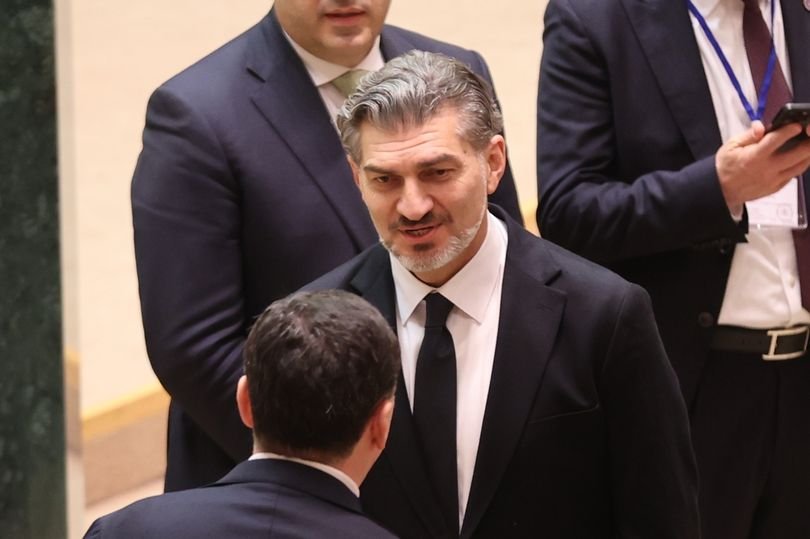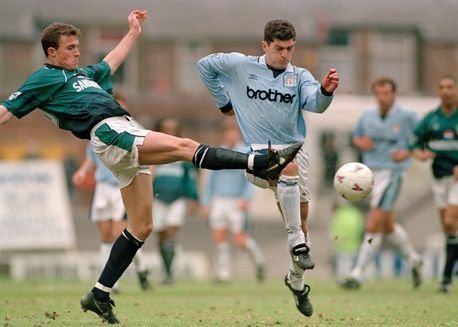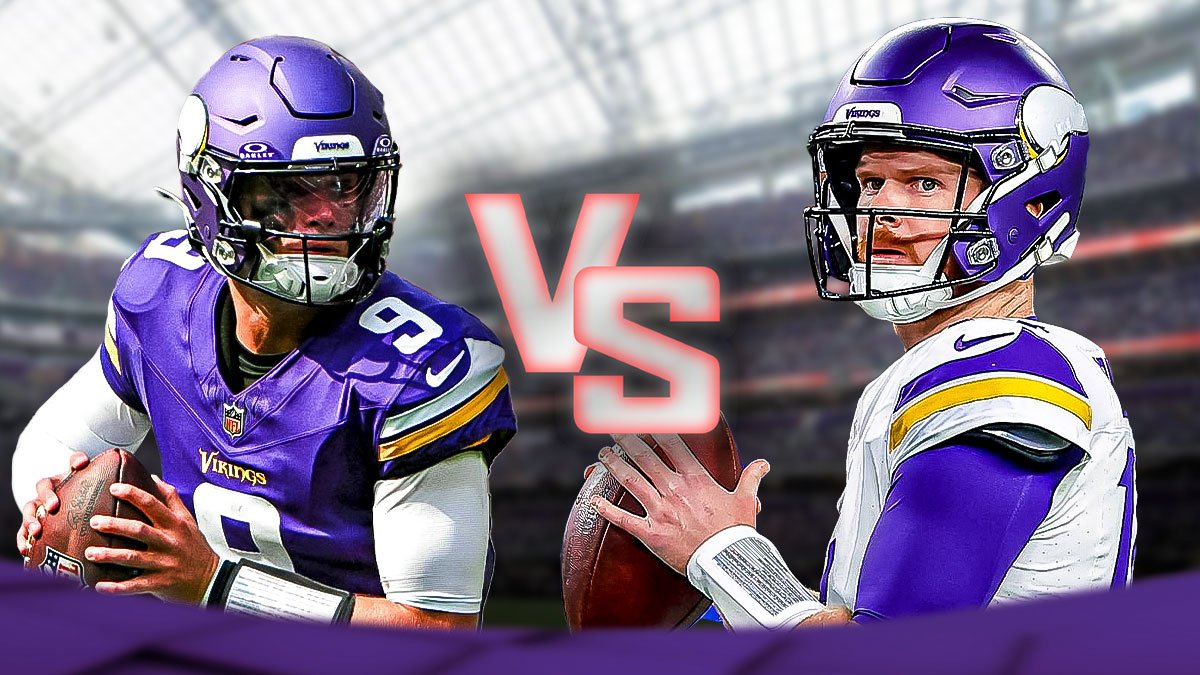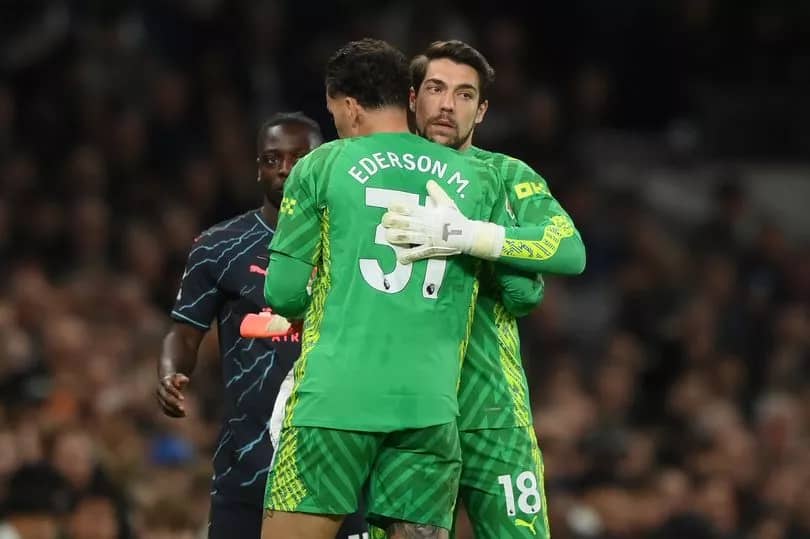Former Man City Striker Mikheil Kavelashvili Becomes President of Georgia Amid Political Turmoil
Former Manchester City forward Mikheil Kavelashvili has taken a surprising leap from the football field to the presidential palace, becoming the President of Georgia. The 53-year-old, who briefly played for City in the 1990s, secured the role under the banner of the ruling Georgian Dream party, which has faced accusations of authoritarianism and aligning with Russian interests.
Kavelashvili, a former MP, was elected by a 300-seat electoral college, a system introduced in 2017 that replaced direct presidential elections. His win was hardly contested, given the Georgian Dream party’s firm grip on the electoral process. Reflecting on his football career, Kavelashvili made his City debut in the 1996 derby against Manchester United, though his time in Manchester was short-lived, with his final appearance for the Blues coming in 1997.
A Nation Divided
While Kavelashvili’s presidency marks a new chapter for the South Caucasus nation, it comes amidst widespread political unrest. The Georgian Dream party retained control of parliament in the October 26 election, but the opposition alleges the results were rigged with help from Moscow. Outgoing pro-Western president Salome Zourabichvili, alongside other opposition leaders, has boycotted parliamentary sessions and demanded a rerun of the vote.
Zourabichvili, whose term officially ends on Monday, declared herself the “only legitimate leader” until new elections are held. Meanwhile, Georgian Dream has promised to push toward EU accession but is simultaneously seeking to “reset” ties with Russia—a move critics say undermines Georgia’s European aspirations and strengthens Russian influence.

“This is a victory for Moscow and a setback for Georgia’s democratic and European future,” opposition leaders proclaimed during recent demonstrations.
Rising Tensions and Protests
Georgia has faced strained relations with Russia since the 2008 war, during which Moscow recognized two breakaway Georgian regions—South Ossetia and Abkhazia—as independent states, increasing its military presence in these areas. Critics accuse Georgian Dream of mirroring Kremlin tactics, citing new laws that restrict freedom of speech and LGBTQ+ rights.
Adding fuel to the fire, Georgian Dream’s suspension of EU accession talks on November 28 ignited mass protests in the capital, Tbilisi. Thousands of demonstrators gathered outside the Parliament building nightly, calling for the government to reverse its decision. The protests were met with harsh crackdowns, as riot police deployed water cannons, tear gas, and even physical force to disperse crowds.
In one of the most volatile weeks, over 100 protesters were injured, hundreds were detained, and fiery clashes saw demonstrators throwing fireworks and erecting barricades on the city’s central boulevard.
A Controversial Legacy
Georgian Dream was founded by Bidzina Ivanishvili, a billionaire with deep ties to Russia. Under his leadership, critics claim the party has tilted towards authoritarianism and Moscow’s sphere of influence—a charge the ruling party denies. Despite their promises of pursuing European integration, the recent suspension of EU talks and increased alignment with Russian policies paint a different picture.
As Kavelashvili assumes the presidency, his leadership will be closely scrutinized. For a former footballer who once graced the Etihad, the challenge now lies in navigating a deeply divided nation caught between its European aspirations and the looming shadow of Russia.



